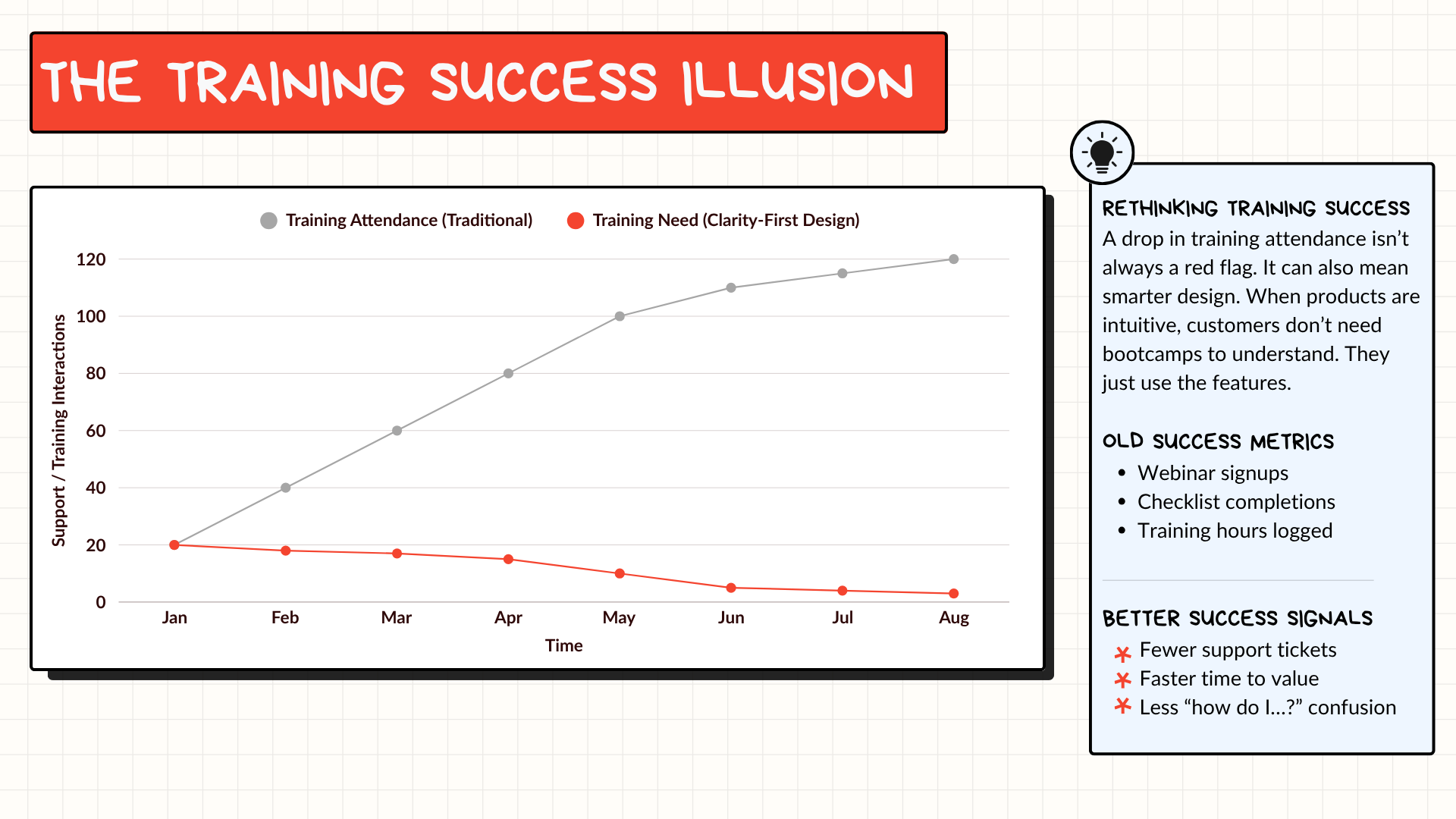So, you've decided to get serious about CX. Maybe it was that wave of churn last quarter. Maybe your NPS finally dipped below what you could ignore. Or maybe it's just that gnawing sense that customers are slipping through the cracks faster than you can patch them.
The board or your manager tells you to hire someone to own CX. So now you're staring at a pile of resumes that all sound impressive but say nothing real. One talks about customer journey orchestration. Another promises to revolutionize touchpoints. A third wants to leverage AI-driven insights to maximize lifetime value.
If you are anything like I was, it's easy to ask yourself questions like, is this just a support lead with a fancy new title? A marketing analyst in disguise? Or someone who can actually build a durable and scalable system for customer care?
What I have come to realize is that your first CX hire will shape how your company listens, learns, and responds for years to come. You don't want to get cute here.
The Unicorn Trap
Hiring the first CX person can often feel like hiring a unicorn. Someone technical but also human. Operational but empathetic. Strategic thinker but they need to be hands-on as well. It's no wonder most job descriptions read like a wish list for Superman.
It's tempting to default to the loudest resume or the most polished CX lingo. But great CX isn't about who talks the best game. It's about who can build trust and consistency, inside and out.
I've watched as early CX hires go sideways because they were hired to impress, not to understand. They came in with big frameworks and big promises, but couldn't connect the dots between a billing error and a lost customer.
This role isn't about delighting customers with surprise and delight moments. It's about stitching together a system that sees customers clearly and acts accordingly. Your first CX hire isn't the hero of this story. They're the conductor. Their job is to tune the orchestra so Sales, Product, and Marketing all play in harmony.
So what should you actually look for?
What Actually Matters
I look for someone who's obsessed with patterns, not anecdotes. They listen to customer complaints, but they don't stop there. They zoom out. They ask why this keeps happening, not just how to fix it this time.
They need operational curiosity. Can they follow the thread from a bad review to a broken handoff between billing and support? More importantly, can they fix it without throwing either team under the bus? Good CX people understand that most problems live in the gaps between departments, not within them.
Empathy tends to be table stakes. What matters more is whether they can translate that empathy into action. It's one thing to feel bad about a frustrated customer. It's another to redesign the onboarding flow so fewer people get frustrated in the first place.
I like people who've done some frontline time. Not forever, but enough to carry the customer's voice in their gut, not just their slide decks. They remember what it feels like to be the person who has to deliver bad news or explain a confusing policy. That memory keeps them honest.
They should be comfortable being unpopular. A good CX hire will surface inconvenient truths about broken processes, unclear policies, or products and features that don't work the way customers expect. And they need to be trusted enough to lead the fix, not just point out the problem.
I look for system thinkers who can run small experiments, measure what actually changes, and then build the muscle of continuous listening + iteration. They don't need to overhaul everything on day one. They need to prove they can make things better, one fix at a time.
Most importantly, I look for someone who knows CX isn't a department. It's a culture. And they're there to model it first, then teach it to everyone else.
The Real Test
Your first CX hire sets the cultural tone for how your company treats customers and each other. They're not just fixing customer problems. They're showing your team what it looks like to care about the people who keep your lights on.
Hire the person who asks better questions, not the one with the flashiest framework. Look for someone who makes problems feel solvable, not overwhelming. Someone who can translate customer pain into team action without losing the humanity in either direction.
If I had to sum it all up: Find someone who makes the customer real, the problems clear, and the solutions practical. Someone who understands that behind every ticket, every complaint, and every angry email is a person who just wants things to work.
Don't hire a mascot. Hire a mechanic who loves people.
The thoughts and opinions in this article are my own and don't represent the views of any organization or employer. If this perspective resonated with you, I'd love to have you along for more conversations about building better customer and employee experiences.
If you are interested in exploring a partnership with Customer Korner to assist your organization, please reach out to mike@customerkorner.com









Comments